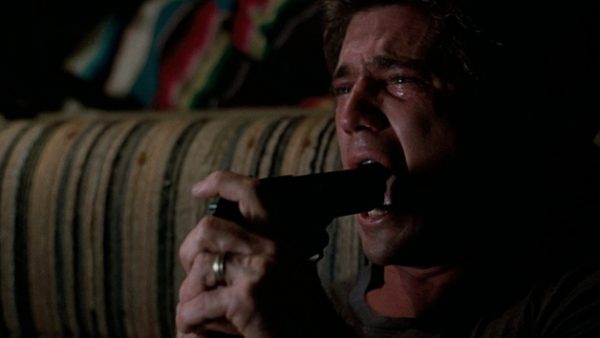A song can hurt you, break your heart, but what if I told you that a song can kill you. I am talking about the song “Gloomy Sunday” which was composed by the Hungarian pianist Rezső Seress in 1933. This song is also known as the “Hungarian Suicide Song“. There have been many urban legends associated with this song. A woman killed herself while listening to this song, a shopkeeper committed suicide and quoted the words of the song on his suicide note.
For More Videos, Subscribe Us Now
The depressing tale of the song “Gloomy Sunday”
This song was written by Hungarian composer Rezső Seress when he was struggling and facing the hardships of the life. There’s a story behind the origin of the song. Legend says that after his girlfriend left him, he was so depressed and broken, that he wrote the melody that became “Gloomy Sunday”. The lyrics of the song are written by Poet László Jávor , a friend of Seress. Some say that it was Javor whose girlfriend left him, inspiring the song as a poem first. While others claim Seress wrote the lyrics, they were about pain and despair caused by war, but Javor changed it to a heartbreaking ballad.
Does this song really inspire people to commit suicide?
After a recorded version of the song by Pál Kálmar was linked with a chain of suicides in Hungary. Press reports say that there were at least 19 documented suicides in Hungary and the United States, linked with the song. The song was banned. In 1968, the composer of the song committed suicide by jumping out of his window. Gloomy Sunday got the name “Hungarian Suicide Song” because it is said that hundreds (if not thousands) of suicides that had been inspired by listening to it. Here’s the literal translation of lyrics in English-
“On a sad Sunday with a hundred white flowers
I was waiting for you, my dear, with a church prayer
That dream-chasing Sunday morning
The chariot of my sadness returned without you.
Ever since then, Sundays are always sad
Tears are my drink, and sorrow is my bread.
Sad Sunday.
Last Sunday, my dear, please come along,
There will even be priest, coffin, catafalque, hearse-cloth.
Even then flowers will be awaiting you, flowers and coffin.
Under blossoming (flowering in Hungarian) trees
My journey shall be the last.
My eyes will be open, so that I can see you one more time
Do not be afraid of my eyes as I am blessing you even in my death.
Last Sunday.”
Deaths linked with the song
The urban legends surrounding the song has made it popular. Most of the details are not verifiable, but the depressing tale of the song and the rash suicides linked with it have been publicized in the newspapers. Joseph Keller, a Hungarian shoemaker committed suicide and left a note at the scene of his suicide quoting the Gloomy Sunday lyrics. Two people shot themselves while hearing a band play the Gloomy Sunday. In Danube, several bodies were found with their hands clutching the song’s sheet music. A woman in London overdosed herself on drugs while listening to the song.




No comments:
Post a Comment